~ 13 ~
“PUT OUT INTO THE DEEP” ~
“At your word I will let down the nets.”
I prepare my heart for prayer
As I begin, I take a moment to become aware of the Lord present to me,
looking upon me with love, desiring to speak to my heart.
Prayerfully, I read Luke 5:1-11
After prayerfully reading, I ask for a grace I desire in this time of prayer.
Using my reasoning:
• Think about what is happening in the scene; what are the action words?
• Who are the people in the scene? What is the place? What things are described?
• What words catch my attention? What does this mean to me?
Using my imagination:
• Imagining myself in the scene – am I an observer or participant? To whom am I drawn?
• Using all of my senses – what do I see? What do I hear? What do I feel, smell or taste?
Reflect on what God is saying to my heart:
• As I reflect, I use my spiritual senses to acknowledge what is transpiring in my heart – my thoughts, feelings and desires. (Acknowledge means to see, to notice, to become aware of, to name.) This is important to do, as my thoughts, feelings and desires shape my actions.
• I look for the truth the Lord is communicating to me. I ask Jesus to give me his mind and his thoughts to see with the eyes of his heart what he wants to reveal to me today. How is Jesus calling me to apply this truth to my life?
Guided Reflection
Quoted from “An Ignatian Introduction to Prayer,”
by Father Timothy M Gallagher, O.M.V1
I am there by the lakeside, in the morning hour. I see Jesus standing by the water, the crowds, the boats drawn up on the shore. The crowds press upon him to hear his teaching. I mingle with them, I listen as Jesus teaches …
“Getting into one of the boats, which was Simon’s, he asked him to put out a little from the land.” I draw near … and now I am present in the boat as Jesus and Peter speak …
I am with Peter, perhaps I feel moved to take Peter’s place … and I hear the Lord say to me, as to Peter: “Put out into the deep.” Put out into the deep! Do not simply continue as you have until now, but put out into the deep in your daily spiritual life, in living your calling …
The first request was not difficult: “he asked him put out a little from the land.” The second is more demanding: “Put out into the deep …” I ask the Lord to show me where he is calling me to put out anew … to go deeper in my calling …
Peter expresses my own sense of helplessness: “We toiled all night and took nothing!” Months, even years of toil, and the same struggles continue …
But now the moment of grace arrives, the moment of faith, the moment of trusting the Lord’s word with courage: “but at your word I will let down the nets.” I ask the Lord to give me new courage, fresh trust in his word … so that I may take that new step …
I see the astounding fruitfulness of this simple act of trust in the Lord’s word, in the Lord’s invitation to “put out” into the “deep”: the useless toil is transformed into an overflowing abundance … the nets are filled to breaking, the boats to their utmost capacity …
My life too can change …
Peter, sensing the closeness of God to him in Jesus, senses also his own sinfulness:
“Depart …” I cannot be this close to the Divine …
Jesus’ answer is immediate: “Do not be afraid.” Do not be afraid … I hear him say these words, again and again, to my heart, to my fear …
And he gives to Peter, gives to me, a sharing in his own mission of salvation: “From now on you will be catching men.”
They leave all, and follow him …
I ask for this grace in this time of prayer:
Converse with God2
Acknowledge:
• What are the thoughts arising in my heart? I think …
• What are the feelings arising in my heart? I feel …
• What are the desires arising in my heart? I desire …
Relate:
I honestly relate these to God; I talk to him about them, trusting he is present and listening to me, his beloved child.
Receive:
• I listen to what the Lord wants to say to my heart, knowing his love is gratuitous and unconditional. I receive his love and consolation. I trust he longs to console me, to encourage me, to strengthen me, to heal me, to forgive me …
• I allow him to lead me; perhaps returning to the scripture …
Respond:
• I conclude my prayer time speaking to Jesus, God the Father, and/or the Holy Spirit as I would speak to a friend. I may also invoke the intercession of Mary and the Saints.
(St. Ignatius calls this a colloquy.)
Praise him – give glory to God for who he is; for being all good and loving; for being my Lord and savior …
Thank him – for our time together; for his word to me; for the gifts he has given me today …
Ask him – for his help, grace, strength, wisdom, deeper faith …
• Based on what God is saying to my heart, I resolve to act in the following concrete way to love God and love neighbor (which could be something small). Today I will …
Rest in the Lord: Be still and know that I am God
Psalm 46:10
1 Gallagher, T., 2008. An Ignatian Introduction To Prayer: Scriptural Reflections According To The Spiritual Exercises. New York: The Crossroad Publishing Company.
2 This way to converse with God in prayer often called ARRR is taught by The Institute for Priestly Formation out of Omaha Nebraska. For more information see Father Traynor, Scott (2013) The Parish as a School of Prayer and Dwyer, Karen and Lawrence (2011) WRAP Yourself in Scripture (IPF Publications).







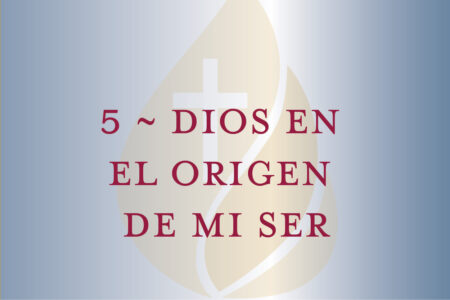

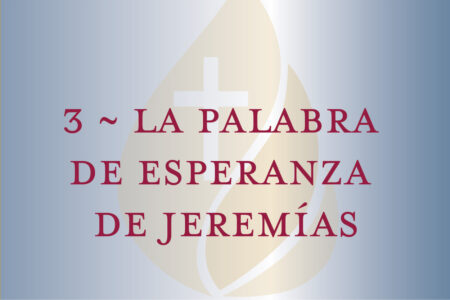
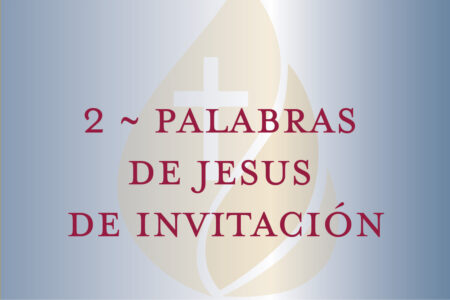





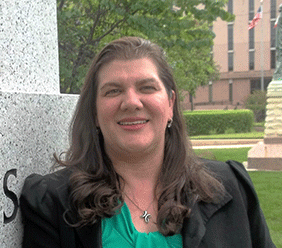
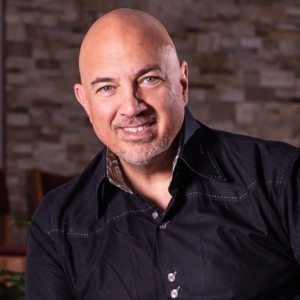
 Kimberly Kay Cox
Kimberly Kay Cox







 Mark Mogilka
Mark Mogilka














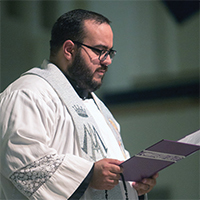



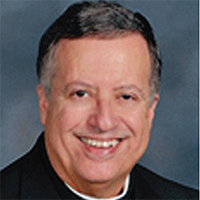

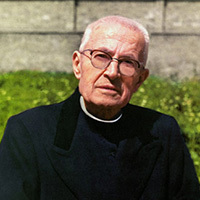








 Armando Cervantes
Armando Cervantes Anna Betancourt
Anna Betancourt
 Andrea Chavez-Kopp
Andrea Chavez-Kopp